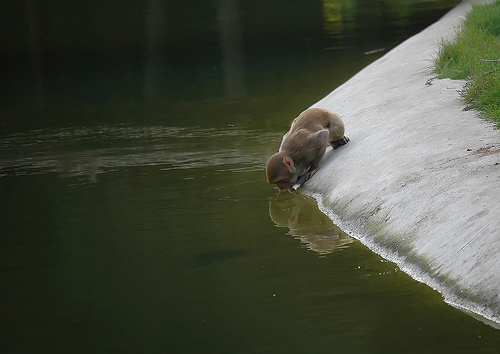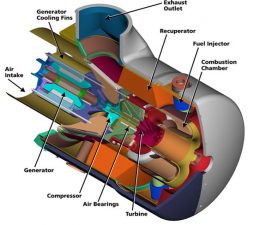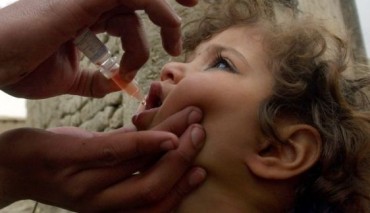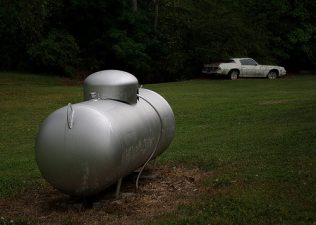Israel is in the midst of a sharav, a scorchingly hot and dry weather front typical for this time of year.
We don’t want to waste resources or increase pollution by turning on air-conditioning. So how can we ensure that baby is cool and hydrated?
Breastfeeding mothers are often concerned that they won’t provide enough fluid for their babies in hot weather. Yet breastmilk is mainly water, and studies done in desert climates have shown that human milk adjusts to meet the baby’s needs, as long as the baby nurses on cue.
Clear and plentiful urine, about 5 or 6 wet diapers over 24 hours, is the most reliable sign that baby is getting enough to drink.
Nursing mothers should drink to thirst no matter the weather. There’s no need to overdo it, as excessive amounts of water can inhibit milk production. As long as her urine is clear, the mother is drinking enough to keep up her supply.
Babies who spend long periods outside in hot weather, or in car seats or strollers, are more likely to lose fluid quickly. This is true even in air-conditioning, which removes moisture from the air. Signs of dehydration include listlessness and sleeping through feeding times, lethargy, a weak cry, fever, and minimal urine output (less than two wet diapers in 24 hours).
The Israel health ministry does not advise giving bottles of water to breastfed or formula-fed babies before they have been introduced to solid foods.
Hopefully we can manage to stay cool and hydrated until tomorrow, when the heat wave is scheduled to break.
Read the rest of Hannah Katsman’s breastfeeding series, including Ten Common Misconceptions about Nursing Your Baby.
Read about the Israel Health Ministry’s new guidelines on the introduction of solid foods on A Mother in Israel.





3 thoughts on “Keeping Baby Hydrated and Safe in Hot Weather”
Comments are closed.